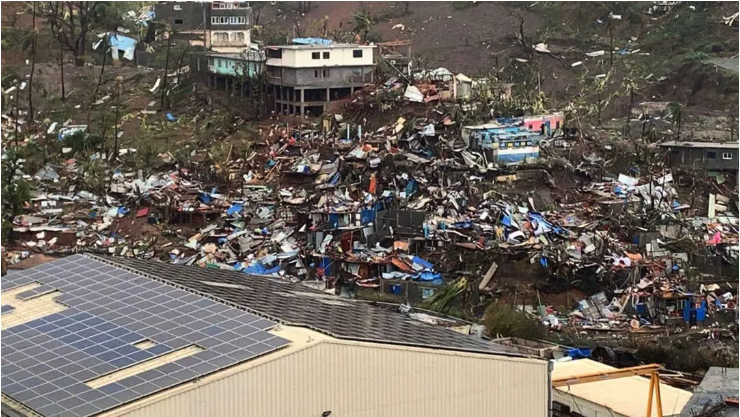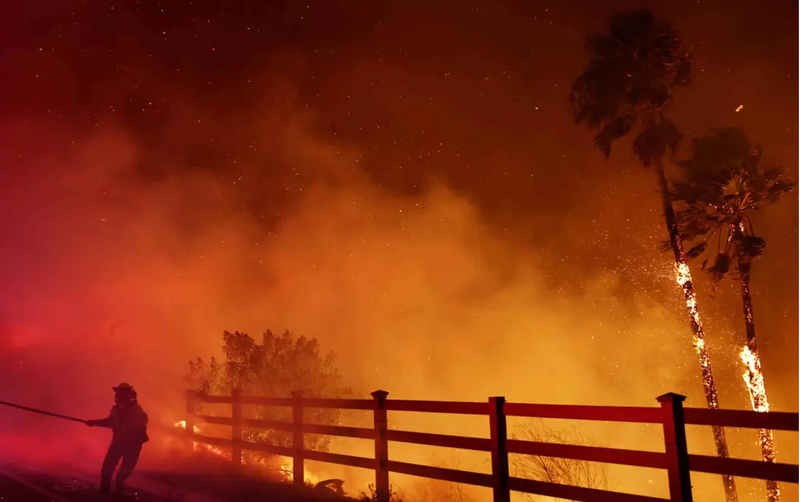ICJ Begins Historic Climate Change Hearings
The International Court of Justice (ICCJ) opened its largest-ever case on Monday, with arguments scheduled to be heard from around 100 countries regarding what nations should be legally obligated to do to address climate change....
Facts
- The International Court of Justice (ICCJ) opened its largest-ever case on Monday, with arguments scheduled to be heard from around 100 countries regarding what nations should be legally obligated to do to address climate change.[1][2]
- The case originated from a campaign made by Pacific Island law students, which received unanimous support from the UN General Assembly in March to proceed with the hearings.[3][4]
- The case — to be examined by 15 international judges — will hear from countries including the US and China. Australia has already argued that its own climate obligations stem from treaties such as the Paris Agreement.[1][5]
- This comes as Vanuatu, an archipelago of 82 islands with 335K residents, has experienced a 0.2-inch sea level rise over three decades, as well as an increase in extreme weather events.[3]
- The country's envoy argued that the 'handful' of countries at fault for rising emissions won't face the same impact as poorer and island nations.[3]
- While the ICJ's advisory opinion will not be legally binding, it could significantly influence future climate litigation and international negotiations.[1][6]
Sources: [1]Telegraphindia, [2]Reuters, [3]The Hill, [4]Guardian, [5]Abc and [6]Semafor.
Narratives
- Narrative A, as provided by Archive. Rich countries that caused this climate crisis through significant carbon pollution must aid weaker and island nations facing climate threats by funding adaptation projects, investing in renewable energy, and transferring to green technology. Small states like Vanuatu and Tuvalu face rising seas, with survival dependent on others making global emissions cuts to prevent further devastation.
- Narrative B, as provided by New York Post. Climate campaigns, even from island nation politicians, are using fear to push an agenda. Claims such as the threat facing polar bears, the Great Barrier Reef dying, and sinking Pacific islands have already been disproven; most atoll islands are growing due to natural processes. If alarmists get their way, these costly climate programs will economically destroy vulnerable countries.







